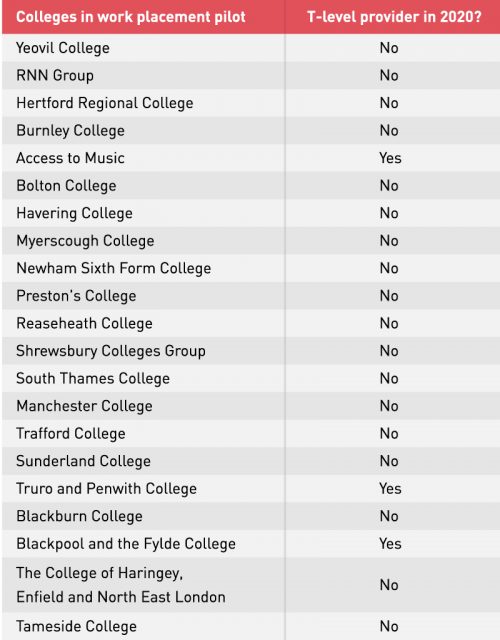The University and College Union is continuing to win concessions in the current round of college strikes, as it gears up for an autumn of discontent on pay.
Bosses at Capital City College Group reached a deal with staff to end a long-running pay dispute, just days after UCU members voted unanimously to escalate action nationwide if the Association of Colleges failed to meet 2018/19 pay claim demands.
Meanwhile, a strike at Havering College in east London went ahead as planned on June 7 and 8, the last concerning this year’s pay claim.
A spokesperson for the college said exams had been held as scheduled “with the support and hard work of both academic and business support staff”.
Strikes at the three colleges that make up the Capital City College Group – City and Islington College, Westminster Kingsway College and the College of Haringey, Enfield and North East London – were called off on June 5.
Bosses offered staff a “modest, non-consolidated payment” and more secure contracts.
A payment of £500 per full-time member of staff came in addition to the one-per-cent increase recommended by the AoC last September.
CCCG’s group chief executive Andy Wilson said in a tweet that it was “good to reward colleagues for contribution to merger and long-standing substantive hourly-paid more secure contracts”.
Andrew Harden, UCU’s head of FE, said that the group has also committed to further pay talks when Mr Wilson leaves and a new chief executive is in post come the next academic year.
Members have “made it clear” they will ballot for strike action again if the “promised negotiations over a new local pay bargaining framework does not result in a meaningful pay award for 2018/19”.
There are now no further strikes over this year’s pay settlement planned at any college before the summer recess.
At the union’s Congress in Manchester on May 31, members voted unanimously to support a motion asking the AoC to “make an early offer that meets members’ expectations”.
They also threatened to “ballot members nationally for escalating strike action” if its demands weren’t met.
The joint FE unions, which include Unison, Unite, GMB and the National Education Union as well as UCU, have submitted a claim for a five-per-cent raise or £1,500, whichever is higher.
The AoC had refused to come to the table over next year’s claim while disputes over this year’s are ongoing, but soon backed down.
A third wave of action at 10 colleges or campuses over the one-per-cent offer the AoC made for 2017/18 was announced early in May.
Four have now reached agreements, with Sandwell College agreeing a “sector-leading” deal worth more than six per cent over three years.
A strike over job cuts at Bradford College was called off at the last minute, after it agreed to reopen its voluntary redundancy scheme.
Elsewhere, staff at Hull College are planning a seven-day walk out later this month over plans to slash jobs. They will strike for an initial five days from June 18, and then again on June 26 and 27.
The college announced in March it would have to cut the equivalent of 231 full-time posts in a bid to balance the books.
Staff have already staged a three-day walkout over the proposals, which the union says would result in a third of the workforce being cut.
UCU’s regional official Julie Kelley said the latest action is necessary as “the college is not responding to our concerns about the impact these cuts would have for staff, students and the local community”.
A college spokesperson said it would do “everything possible” to avoid disruptions to exams while the strike is on.
“It is disappointing and unclear why this decision has been taken, following recent positive meetings outlining the successful reduction of proposed compulsory redundancies,” they claimed.



